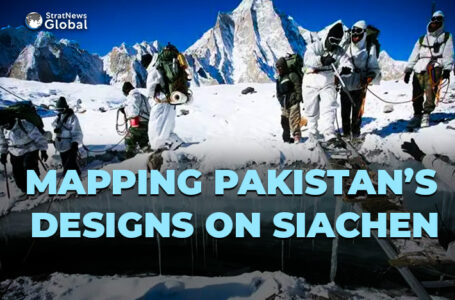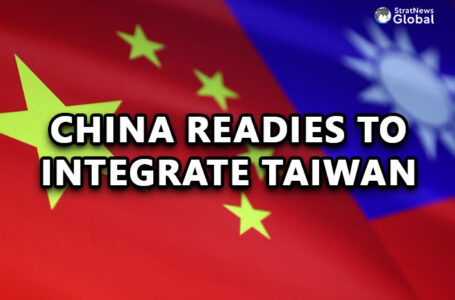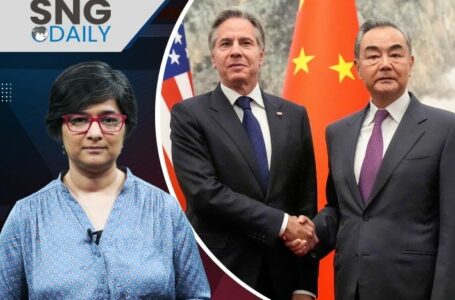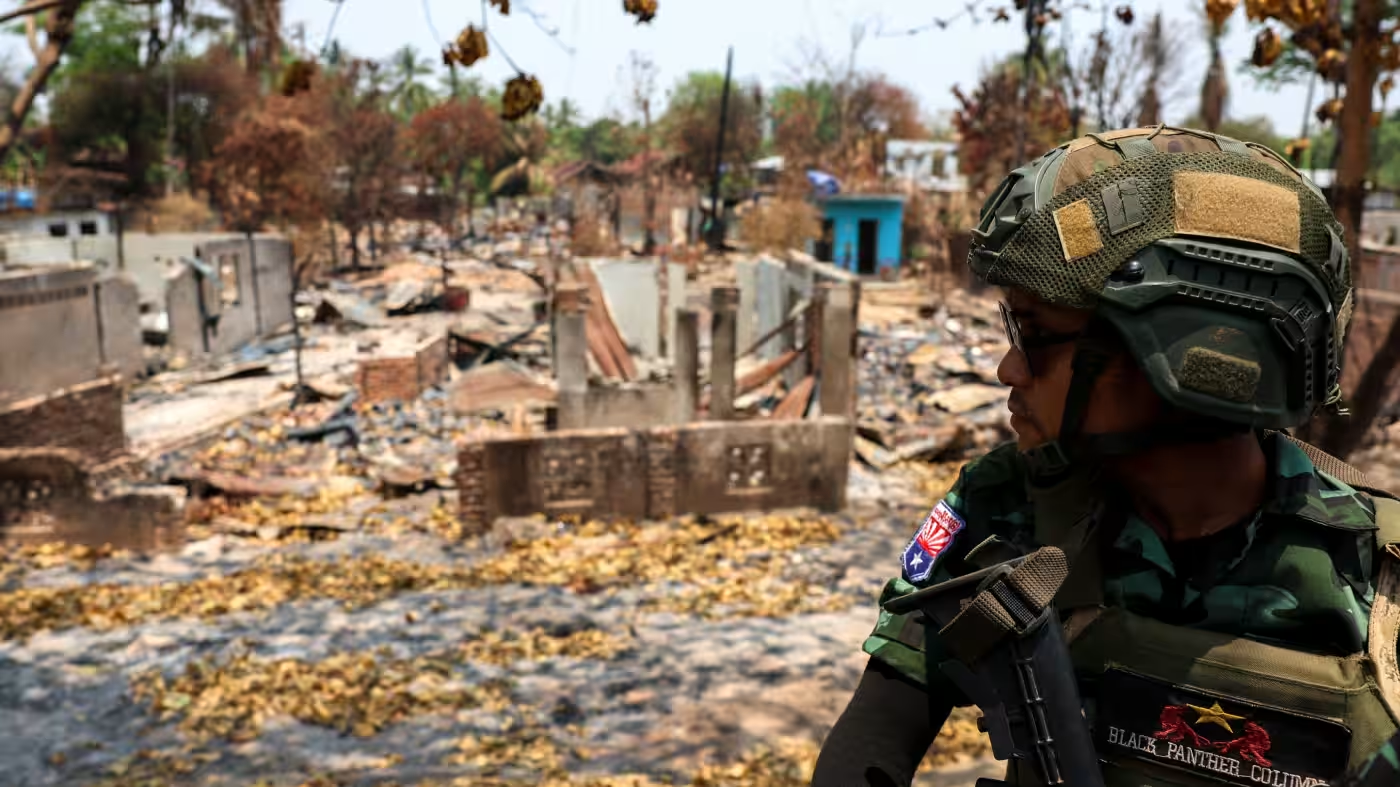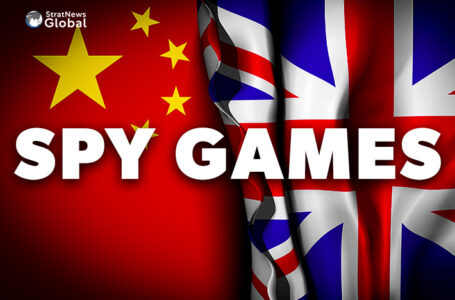Israel Airstrikes In Rafah Intensify; China: US Must Not Ste...
China’s Aggression Against India Deliberate: John Bolton
NEW DELHI: He has been one of those who have got closest to observing how the unpredictable U.S. President Donald Trump makes decisions with regard to foreign policy. 17 months into being the U.S. National Security Adviser, John Bolton was fired or he quit, as he insisted. Now, just months before the scheduled U.S Presidential election, Bolton’s book ‘The Room Where It happened’ is turning out to be a bestseller but not without its share of controversy. Speaking to StratNews Global Editor-in-Chief Nitin A. Gokhale, Bolton defended his book, saying it had no classified information, while pointing out that only when ‘the author gets critical about the incumbent that people get upset about it’. Trump came to the job not well informed about a number of international issues. No president comes equipped 360 degrees when they start in office but Trump is not terribly interested in learning either and so for many of the issues that are complicated, it’s hard to get his attention, said Bolton, adding that ‘Trump has trouble distinguishing between his personal relationships with foreign leaders on the one hand and the underlying bilateral U.S. relationship with the country in question as the other’. So what guides Trump’s foreign policy decisions? “All politicians in democratic societies take politics into account in their decision making. The difference with Trump is politics can go from being a factor in decision making to the factor. And that happens all too often,” said Bolton. He says the recent Chinese aggression in Ladakh was ‘deliberate, with an objective in mind’. And he revealed that the United States played a role in ensuring the India-Pakistan conflict didn’t escalate in the aftermath of last year’s strike on Balakot by the Indian air force.







